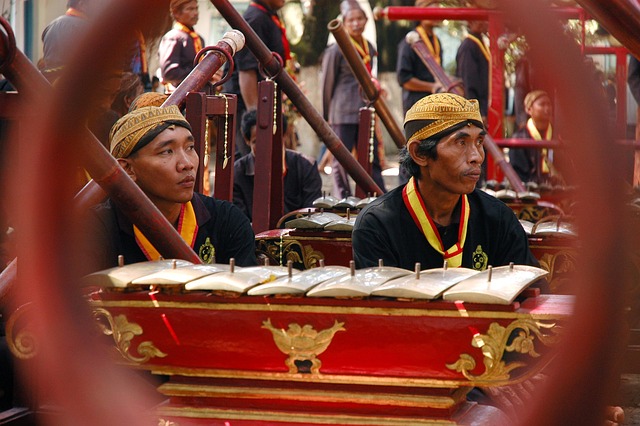The Sacred Tradition of Honoring Holy Souls
In many cultures around the world, the practice of honoring holy souls is steeped in rich traditions that celebrate the lives of those who have come before us. This sacred ritual not only acts as a bridge between the living and the departed but also reinforces the values of memory, remembrance, and gratitude. As we navigate our own lives, it becomes increasingly significant to reflect on the essence of these traditions and the profound impact they have on our collective consciousness.
Historical Roots of Honoring Holy Souls
The tradition of honoring holy souls can be traced back to ancient civilizations, where communities would gather to celebrate the lives of their ancestors. From the Day of the Dead in Mexico to All Souls’ Day in various Christian traditions, these practices evolved as a way to remember and connect with those who have passed. It is believed that the dead continue to influence the living, guiding them with wisdom and protection. By remembering these holy souls, we affirm our connection to our heritage and our family’s lineage.
The Rituals of Remembrance
Across cultures, the rituals involved in honoring holy souls vary widely, yet they all share a common theme of love and reverence. Candles are lit, meals are prepared, and altars are decorated with photographs and mementos. These acts serve as powerful reminders of the impact these individuals had on our lives. The scent of favorite foods, the glow of a flickering candle, and the shared stories of those who have gone create a sacred space where memories live on. This collective act of remembrance not only honors the holy souls but also strengthens the bonds among the living.
Embracing Loss and Finding Comfort
For many, the rituals surrounding holy souls offer more than just a way to honor the departed; they provide solace in times of grief. The pain of losing a loved one can be overwhelming, but engaging in these traditions allows individuals to process their emotions in a meaningful way. It’s a reminder that while those we love may be gone, their essence and influence remain within us. By participating in rituals and ceremonies, we can feel a sense of closure and connection, transforming our sorrow into something sacred and beautiful.
Passing Down the Tradition
As we embrace the importance of honoring holy souls, it becomes essential to pass down these traditions to future generations. Sharing stories, teaching rituals, and creating new ways to remember our loved ones ensure that their legacy lives on. This act of transmission not only keeps the memory of our ancestors alive but also reinforces the values that they held dear. The act of remembering becomes a shared experience, enriching the cultural fabric of our communities and nurturing a sense of belonging.
The Spiritual Significance
At its core, the tradition of honoring holy souls is imbued with deep spiritual significance. It invites us to reflect on our own lives, prompting us to consider the values we hold, the legacies we are creating, and how we wish to be remembered. This space for reflection fosters gratitude and encourages us to live fully in the present while honoring the past. By recognizing the sacredness of the holy souls, we cultivate a deeper appreciation for life itself, understanding that every moment is a gift.
In a world where the pace of life often distracts us from what truly matters, the sacred tradition of honoring holy souls serves as a poignant reminder to cherish our connections to each other and the memories of those who have shaped our lives. Embrace these heartfelt rituals, not just as acts of remembrance, but as a celebration of love that transcends time and space.




